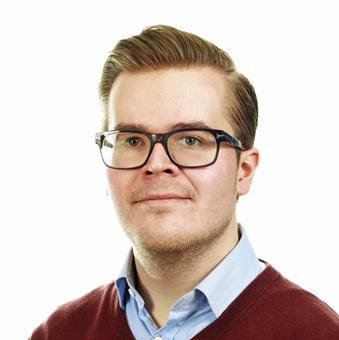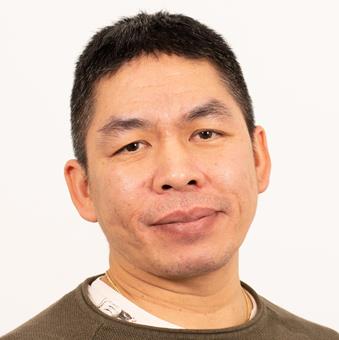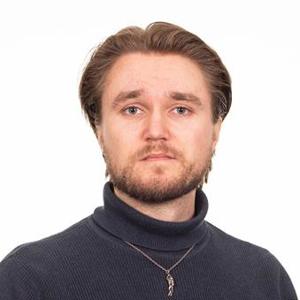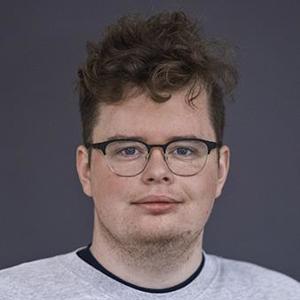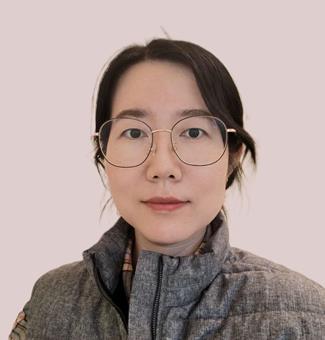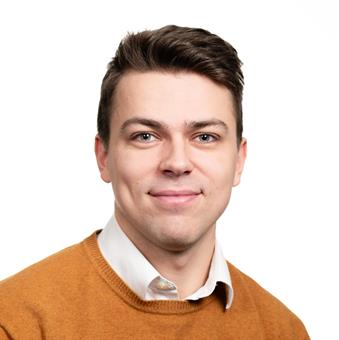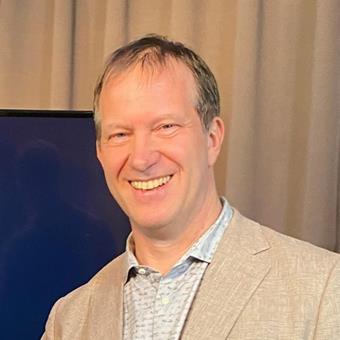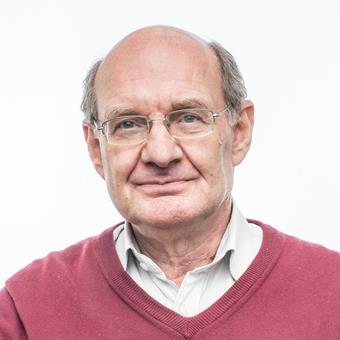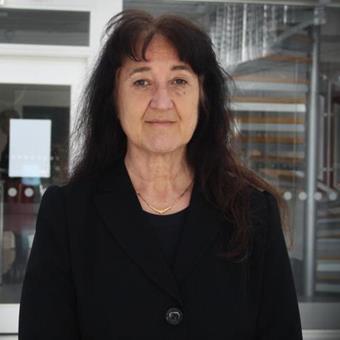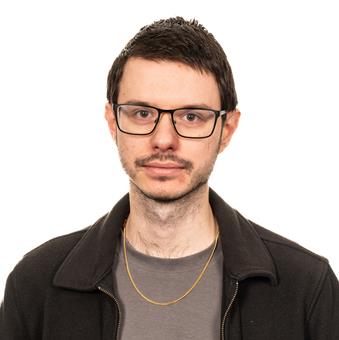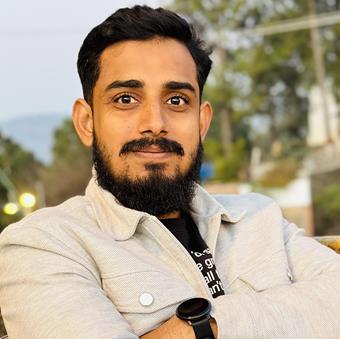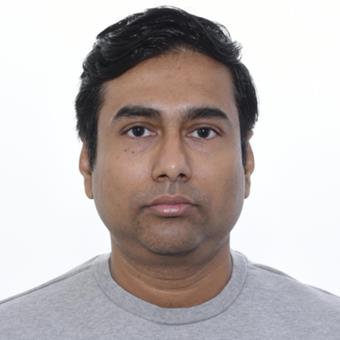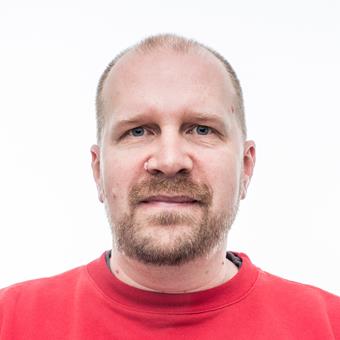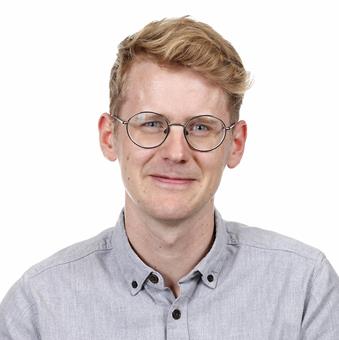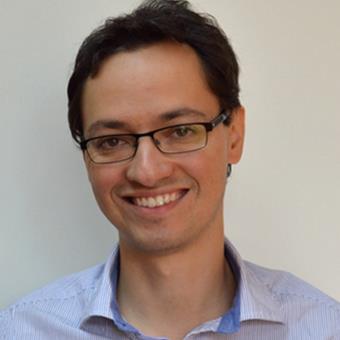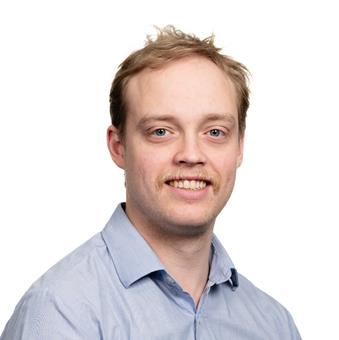I received my B.Sc. (Highest Distinction) in Electrical and Electronics Engineering from Bilkent University (2011), and my M.Sc. (Highest Distinction) and Dr.-Ing. degrees in Communications Engineering from Technical University of Munich (2013, 2018). I worked at Intel Mobile Communications (now Apple Inc.) and as Research/Teaching Assistant at TUM (2014–2019), then as Research Group Leader and Dozent at TU Berlin and University of Siegen (2019–2022). I was an ELLIIT Assistant and later Tenured Associate Professor at Linköping University (2022–2024), earned the Swedish Docent title (2023) and IEEE Senior Member status (2024). I am currently a Full Professor at TU Dortmund and Guest Professor at Linköping University.
I have held over twenty visiting research positions, including at TU Eindhoven (2018), Georgia Institute of Technology (2022), and TU Dresden (2023). My awards include the IEEE Information Theory Society - Joy Thomas Paper Award (2025), ZENITH Research and Career Development Award (2023), ZEIT-Verlag & Academics Young Scientist Award Runner-up (2022), and VDE ITG Johann-Philipp-Reis Award (2021). I am the author of the book "Key Agreement with Physical Unclonable Functions and Biometric Identifiers" and serve as Associate Editor of IEEE Transactions on Communications, IEEE Journal on Selected Areas in Communications, and Entropy, among other editorial roles, and as Secretary of the IEEE Sweden VT/COM/IT Joint Chapter.

 Low
Low https://doi.org/10.3390/e28010086
https://doi.org/10.3390/e28010086 https://arxiv.org/abs/2602.19942
https://arxiv.org/abs/2602.19942